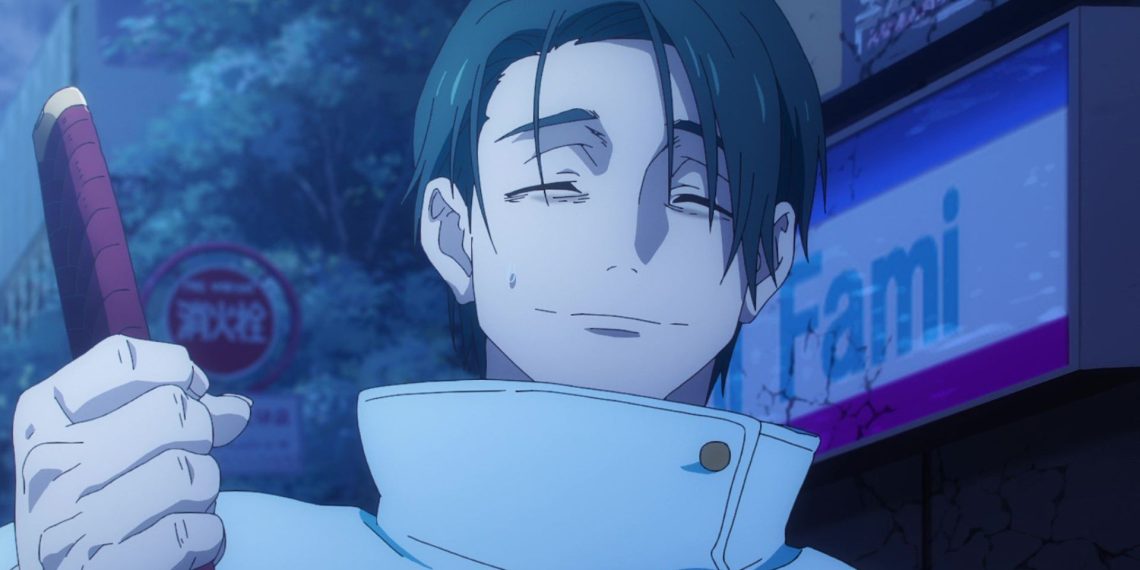Many fans love to debate what the best modern shonen series is, with more than a few picking the hit dark fantasy battle, Jujutsu Kaisen. However, while there are merits to choosing Gege Akutami’s work as the pinnacle of the genre, it would actually be diminutive to define Jujutsu Kaisen as a mere shonen, a word used to describe series targeted at a young male audience.
The first time we watched Jujutsu Kaisen shortly after the release of season 2, we were struck by how much it resonated with themes far more intricate than many shonen openly tackle.
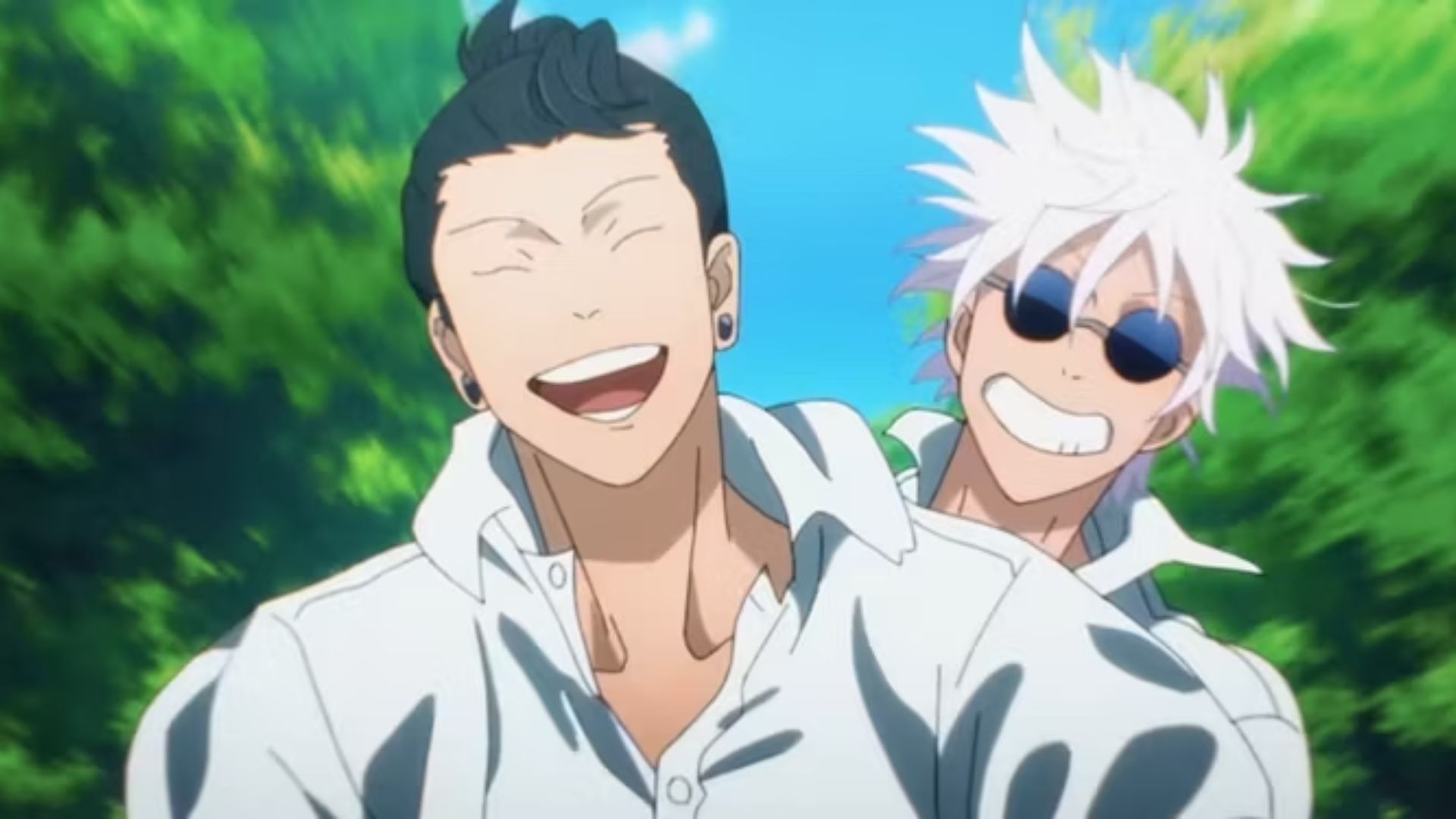
We were drawn to the show’s meditations on the power to create oneself, the world, and one’s own values. As we dug deeper into the series, we discovered themes with a depth that other shonen can’t compare to. Jujutsu Kaisen follows the story of Itadori Yuji, unexpectedly brought into a world unseen by the naked eye. In this world, the three main types of humans are sorcerers, curse users, and non-sorcerers.
The former two manipulate cursed energy, generated by negative emotions, of which non-sorcerers are mostly unaware. Although the show adopts Yuji as its center, it places far more focus on the greater politics between these groups.
Jujutsu Kaisen: Subverting Shonen Tropes Through Chance and Perseverance
From the very first episode of Jujutsu Kaisen, shonen tropes are already being subverted. Itadori Yuji is far from a “chosen” protagonist. His friends happen upon one of Sukuna’s fingers, and Yuji ends up in possession of it. Later, when a curse attempts to steal it from him, he eats it: an unpredictable decision that immediately entangles him in the sorcerer world.
This accident is how Yuji becomes the center of Jujutsu Kaisen. Although he became the protagonist by chance, he works endlessly to make the most of the hand he’s dealt. For Yuji, his life and control of Sukuna depend on his ability to overcome Sukuna’s influence while mastering Sukuna and the potential strength he provides.
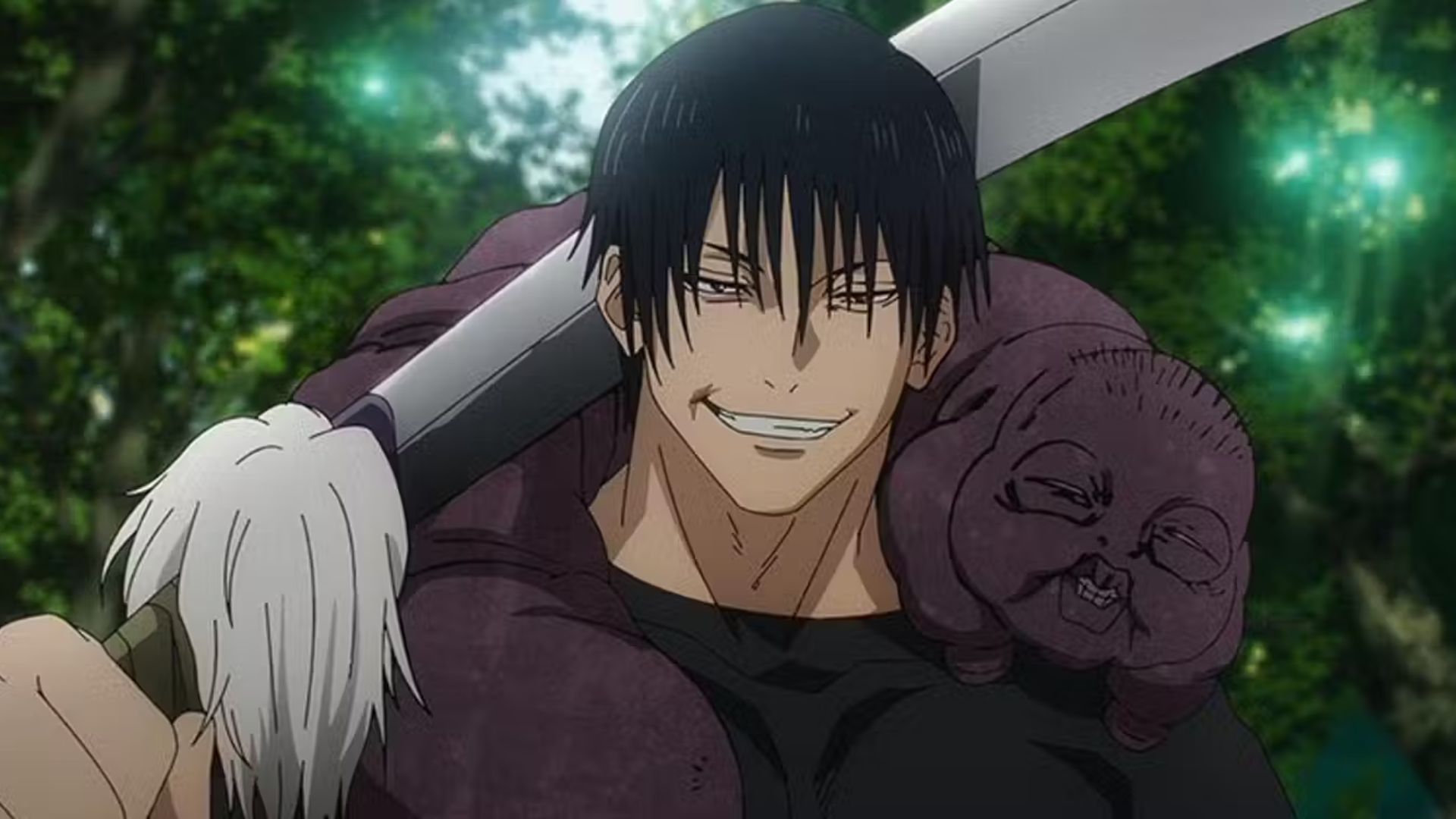
In shonen anime, “surpassing limits” and “overcoming adversity” are common themes, but in Jujutsu Kaisen, growth is depicted as a blend of willpower and chance.
Yuji never aimed to be a sorcerer, yet he must learn to overcome his limitations, developing a “strength” that fits his circumstances and commitment to sorcery. For instance, when Gojo makes him watch movies to master his cursed energy, Yuji discovers the importance of patience and stoicism for Jujutsu sorcerers.
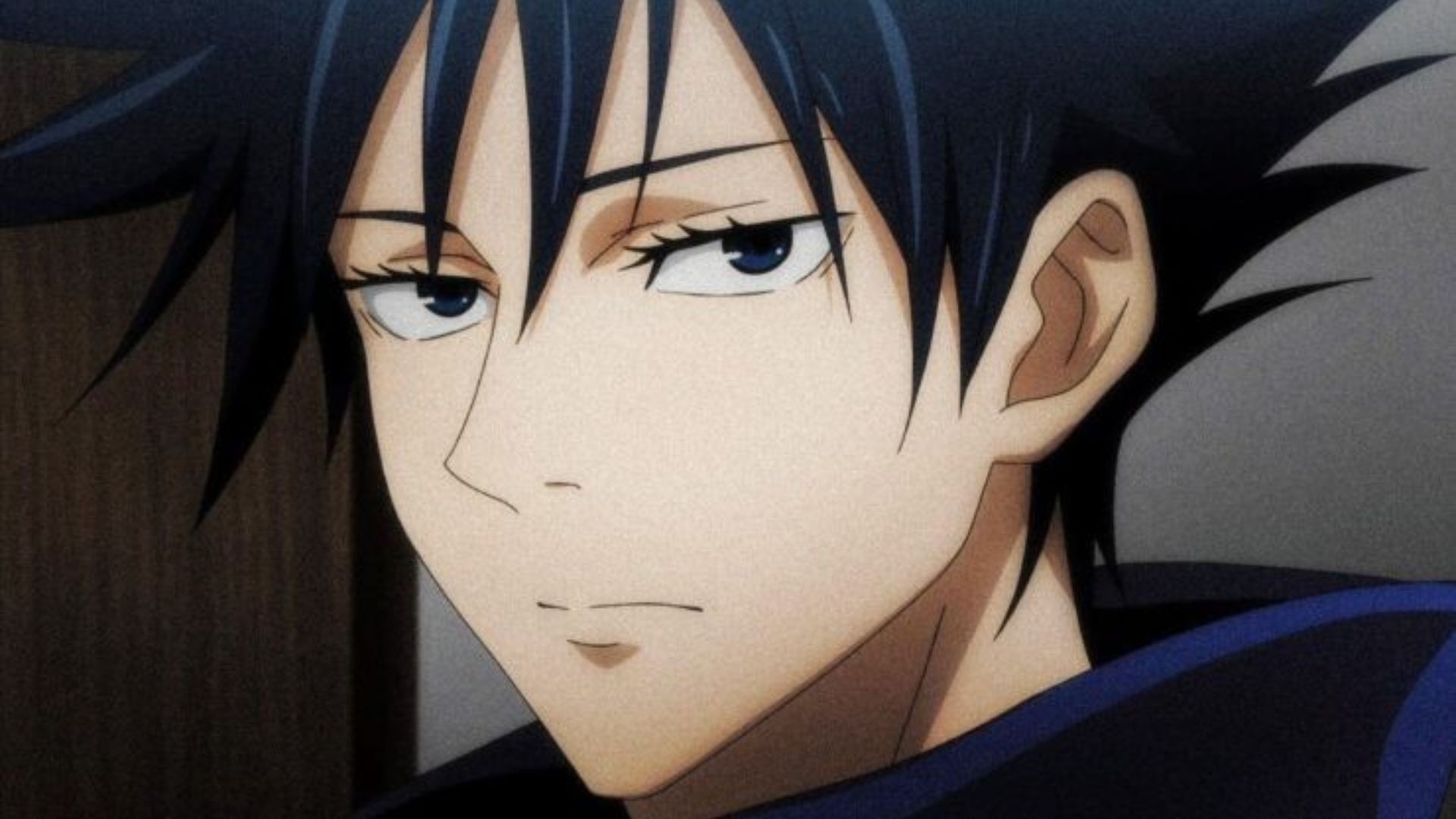
This interplay of chance and perseverance is a recurring motif. Toji happens to be Megumi’s estranged father, but Megumi chooses to dissociate his father’s identity from his self-worth and life choices.
The twins, saved by chance from a village by Geto, later decide to oppose Pseudo-Geto when his values diverge from those they respected in Geto. This exploration of willpower amidst unpredictable circumstances demonstrates how Jujutsu Kaisen effectively adapts traditional shonen concepts of growth.
Exploring Ideological Shifts and Moral Complexity in Jujutsu Kaisen
In analyzing Gojo and Geto’s relationship, we realized the depth of Jujutsu Kaisen’s moral complexity. Despite their differing ideologies—Gojo’s disdain for non-sorcerers contrasted with his protective stance, and Geto’s belief in their protection—their views eventually reverse.
Gojo comes to see the necessity of protecting non-sorcerers, while Geto grows to despise them and seeks a world without them. This shift is influenced by their attachment to Riko, a non-sorcerer they bonded with under the expectation of her sacrifice, who is ultimately killed by a mercenary despite their efforts.
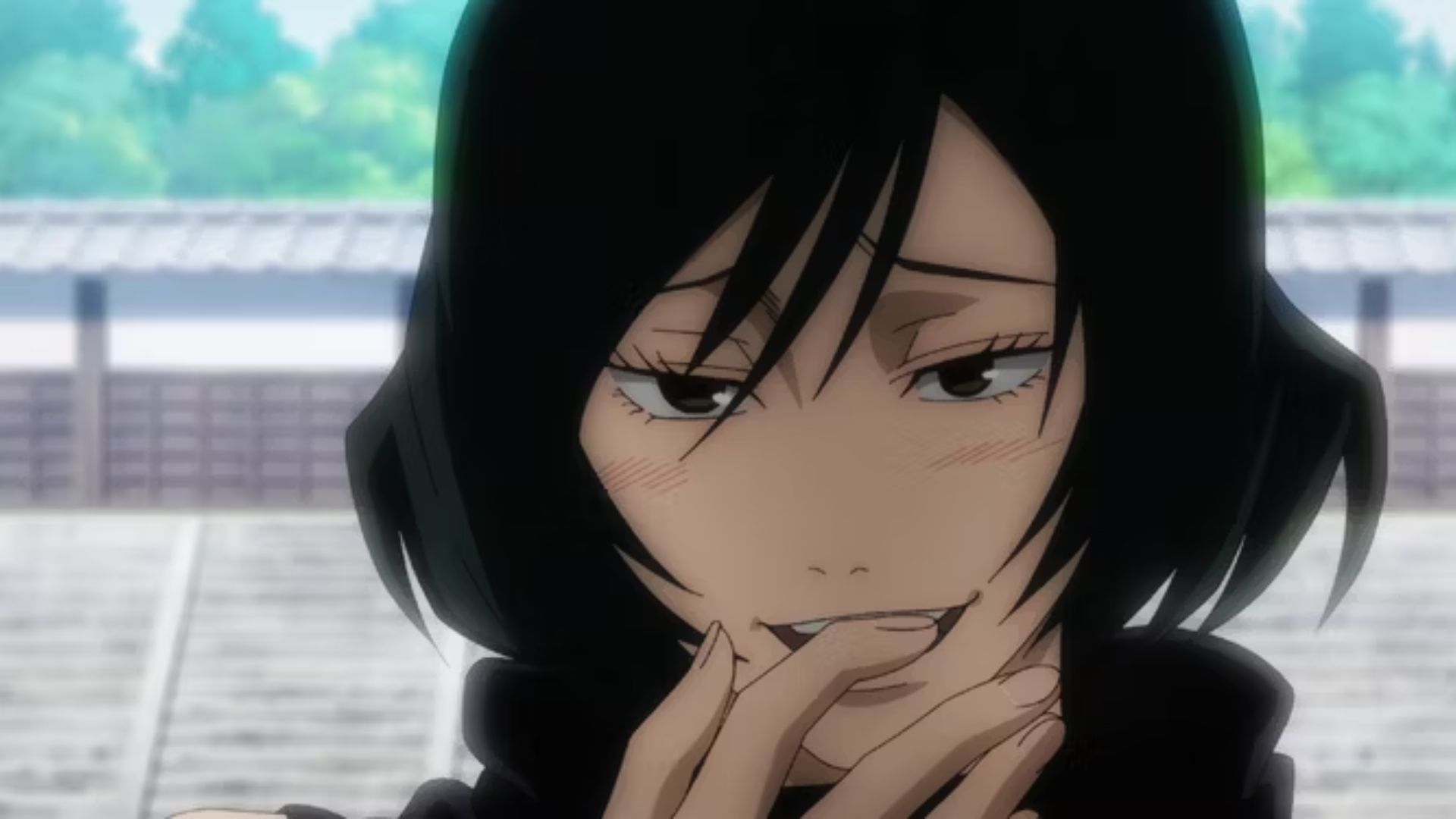
Geto’s hatred for non-sorcerers stems from his profound empathy for them, particularly his bond with Riko. He views the murder of one non-sorcerer by another as a trivial reason and begins questioning the sorcerers’ duty. His skepticism deepens as he discovers that non-sorcerers primarily generate cursed energy and witnesses the torture of sorcerers by non-sorcerers.
Geto’s hatred arises from a deep and genuine affection for non-sorcerers. In contrast, Gojo’s development is driven by a sense of failure and duty. Despite Gojo’s seemingly “selfless” ideology, his motivations are fundamentally egoistic, focused on overcoming his own limitations to fulfill his role more effectively.
Gojo is willing to abandon conventional morality and heroic ideals in his pursuit of eradicating curses.
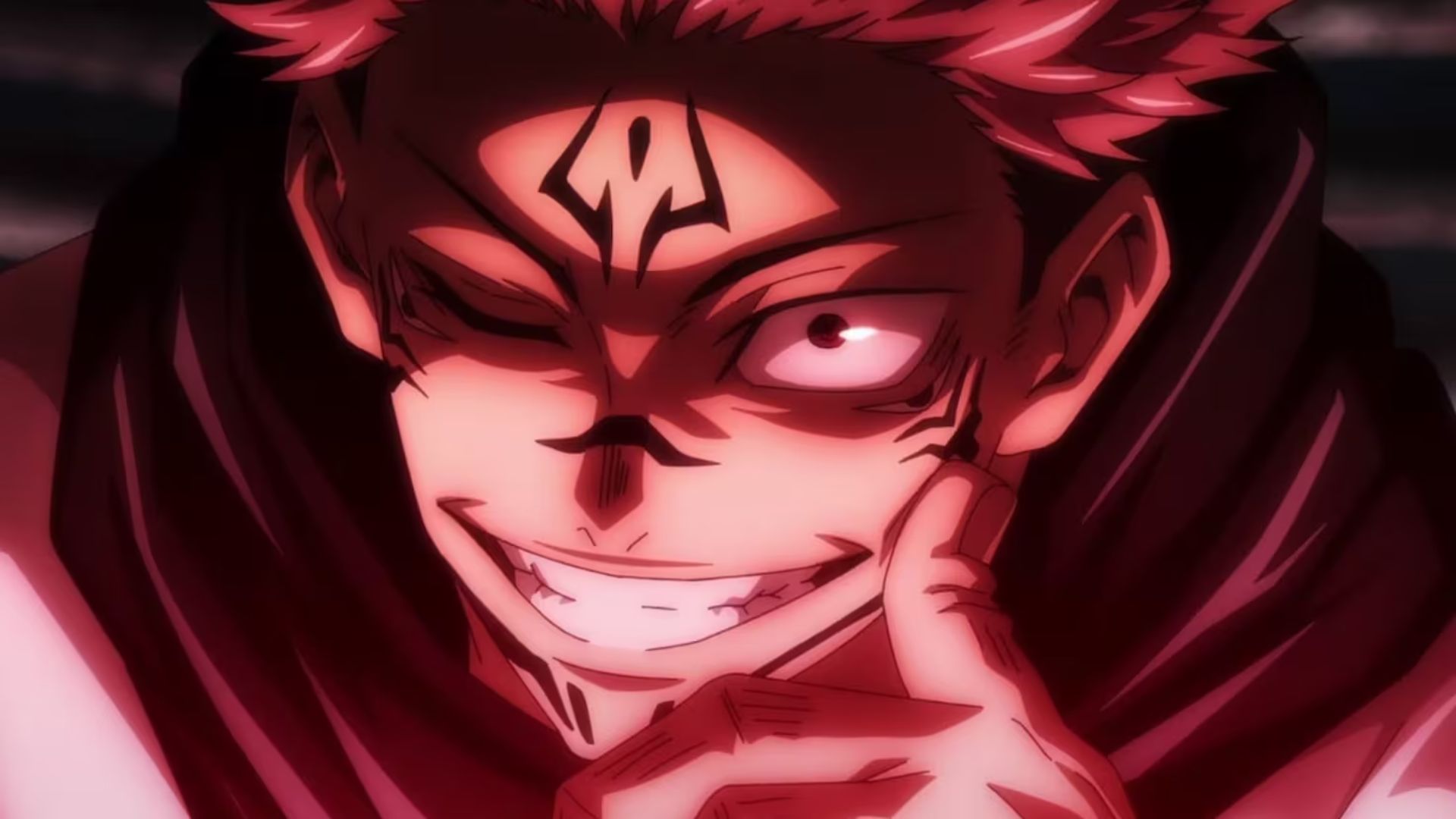
Jujutsu Kaisen illustrates how ideologies and morals evolve through chance, often in unexpected ways; love can transform into hate with just a slight push.
These mutable principles, however, seem to shape everything. Unlike Gojo and Geto, the Zen’in sisters, Maki and Mai, grew up in the same environment and cultural context. Maki, a non-sorcerer, gains her combat prowess through mastering cursed tools. Her experiences within the Zen’in clan differ significantly from Mai’s because, as a non-sorcerer in a prestigious sorcerer clan, she faces distinct challenges.
Mai is driven by resentment, struggling to keep up with Maki and failing despite her efforts. Meanwhile, Maki detaches herself from the cultural and ideological constraints of her life, growing stronger as a non-sorcerer whose abilities challenge the sorcerer/non-sorcerer divide.
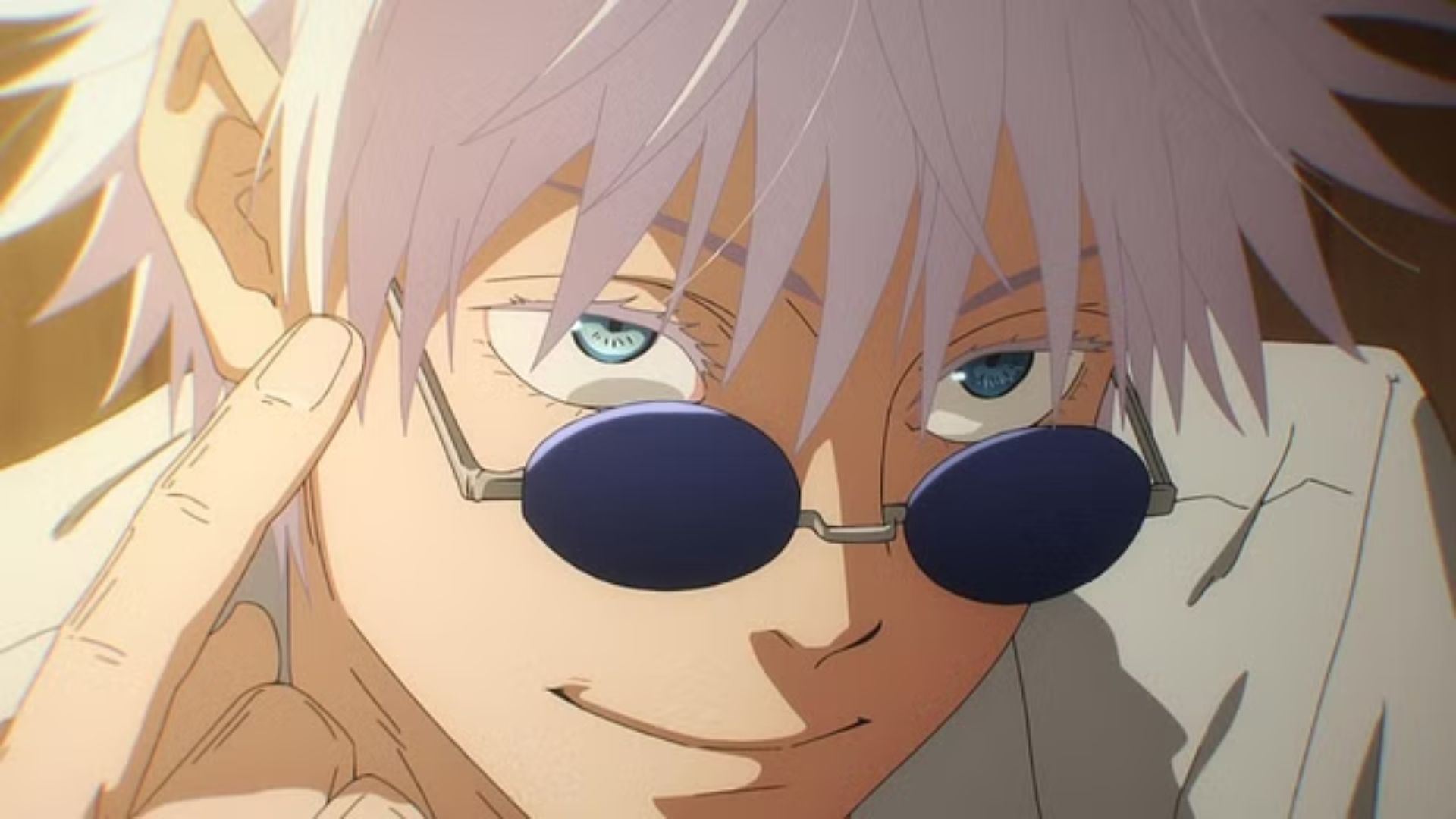
Through Mai and Geto, Jujutsu Kaisen critiques morality while subtly questioning whether emotions like selfish resentment or pride can truly replace ethical principles. Each character’s motivations are rooted in their unique experiences, beliefs, and values, contrasting with the simplistic black-and-white morality of other shōnen.
This complexity allows Jujutsu Kaisen to both adhere to and expand upon traditional shōnen standards.
Jujutsu Kaisen Explores Identity and Agency Beyond Sorcery
In Jujutsu Kaisen’s world, humanity is often stripped down, showing that the distinction between sorcerers, curse users, and non-sorcerers is not simply about strength. Each group challenges the intrinsic worth of the others.
The “unbreakable” Yuji blurs these lines by becoming a sorcerer by chance. Maki, a non-sorcerer, exhibits superhuman strength due to her lack of cursed energy. Toji exploits his non-curse user status to breach Gojo’s Infinity barrier.
To illustrate what makes Jujutsu Kaisen stand out, I’ll connect it to my interest in disability philosophy. Disabled individuals understand well the experience of having one’s agency diminished by social perceptions, limitations, and labels. In Jujutsu Kaisen, we encountered a question that resonated deeply with us: “I obtained this body and these circumstances by chance—what choices remain for me?”
We realized that to view “disability” not as a hindrance or a misfortune but as something contextual—something we could potentially overcome, challenge, or influence—we needed to consider the context in which it existed. Context is crucial in Jujutsu Kaisen.
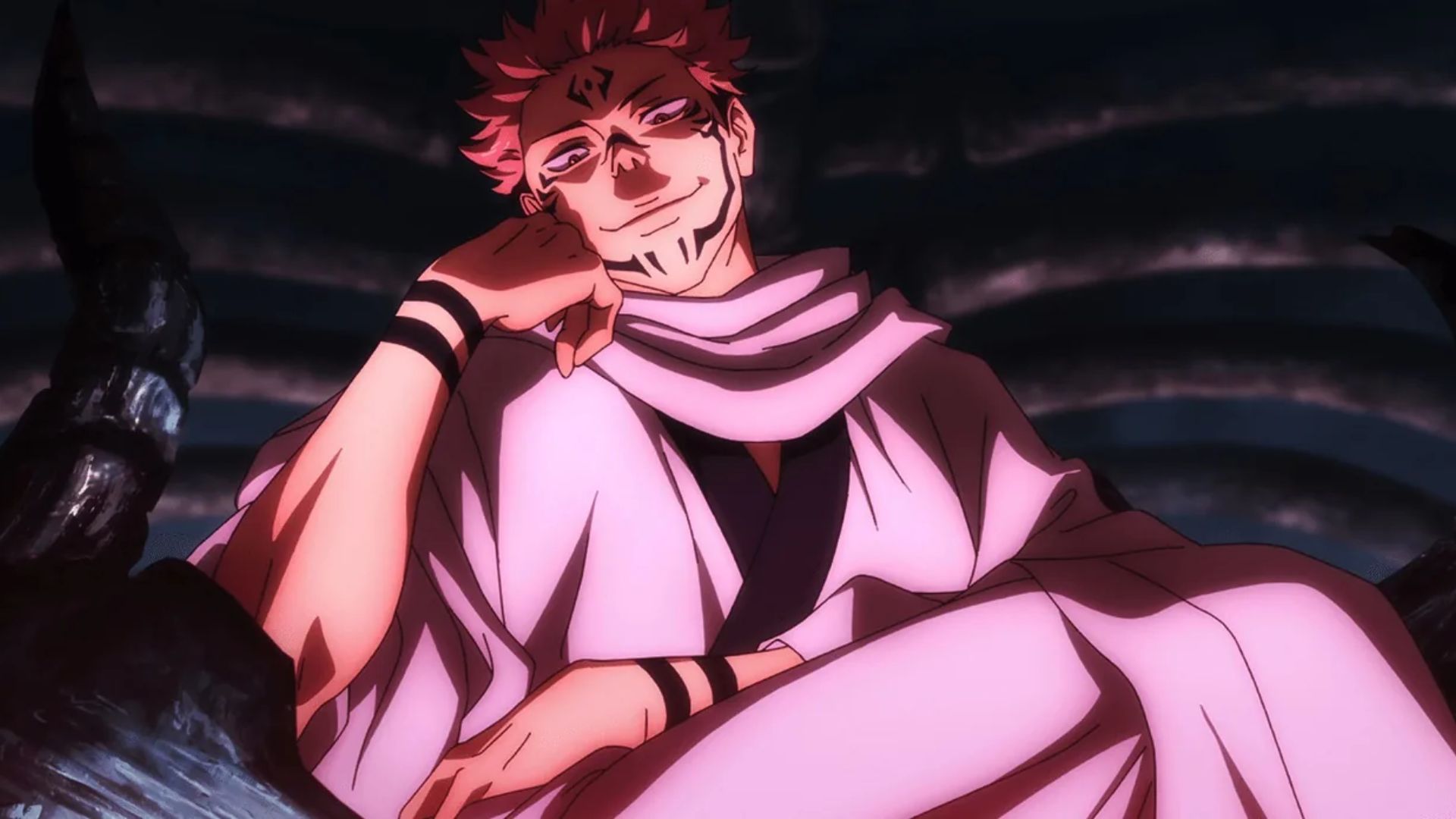
For example, Sukuna, who disregards human values and norms, nonetheless acknowledges Megumi’s potential. Similarly, Geto’s body continues to fight against Kenjaku, its cursed spirit inhabitant, indicating a lingering bond after death. Additionally, Yuji’s mournful respect for his enemies adds a touching depth to his character.
While many shōnen series feature “chosen” characters—like a famous hunter’s son following in his footsteps or a Hokage’s child striving to become a stronger Hokage—Jujutsu Kaisen is compelling because it lacks an overarching sense of fate or predetermined logic. Instead, in Jujutsu Kaisen, fate is something to be shaped by one’s actions rather than something one is born with.
Although Jujutsu Kaisen resonated with us personally, it offers something for any viewer who feels their actions and potential are predetermined. It’s not just another shonen series; it’s one where the stakes involve being considered human or, at the very least, worthy of life. The unique way Jujutsu Kaisen tackles this question sets it apart from other series.

